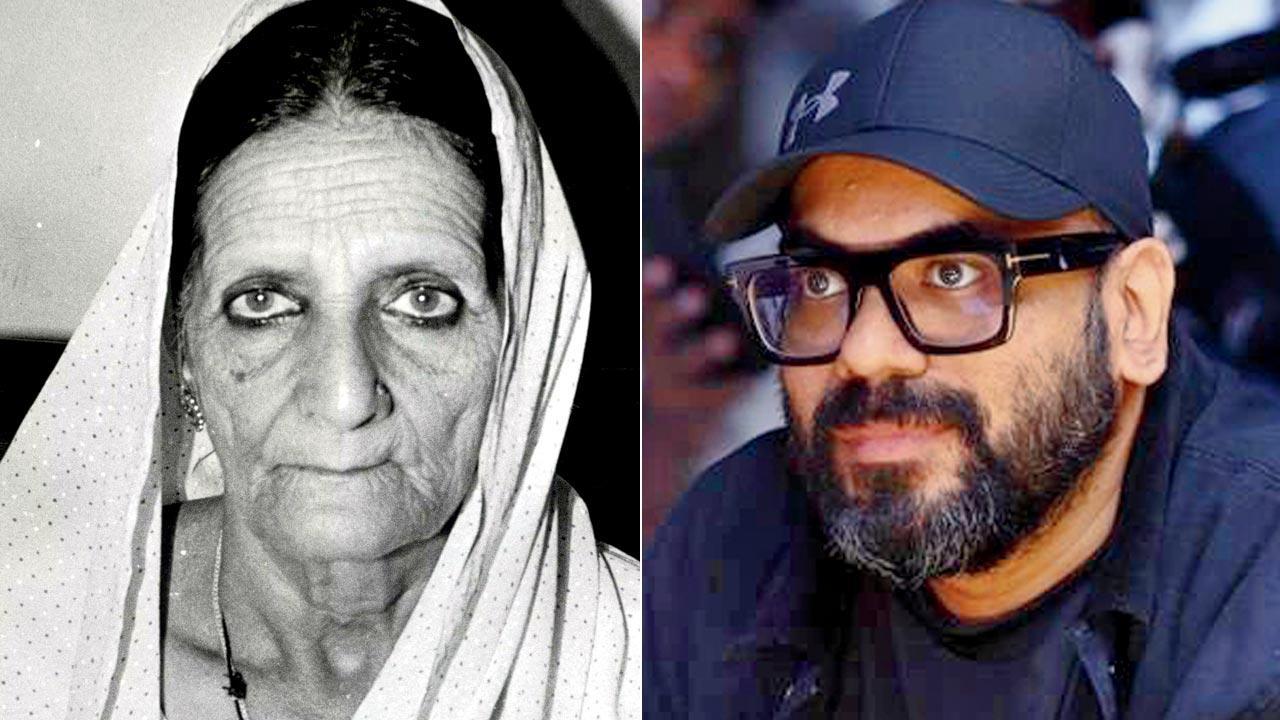Sources say Sirf Ek Bandaa maker Suparn to back a film on Shah Bano case; legal drama to be helmed by National Award-winning director

(From left) Shah Bano Begum; Suparn S Varma. Pic/X
Often, the best stories come from real-life events. Suparn S Varma firmly believes it. After Sirf Ek Bandaa Kaafi Hai (2023) that was based on the case that led to the conviction of self-styled godman Asaram Bapu, the filmmaker is set to make a courtroom drama on the Shah Bano case, which is considered an important case in India’s constitutional history.
The case remains relevant even today as it examined women’s rights, religious principles and their place in a democracy. Sources reveal that Varma has finalised the script after extensive research. “He is locking the principal cast. Suparn has already zeroed in on the director—a National Award-winning filmmaker who, he believes, will lend the intellectual acuity and sensitivity that the subject deserves. They are confident that Shah Bano’s case is important for this generation as it also showcases women empowerment,” says a source.
For the uninitiated, in 1978, Shah Bano Begum, then 62, filed a criminal suit against former husband Mohammed Ahmad Khan when he stopped paying her R200 a month as promised. With no means to support herself and their five children, she demanded a maintenance amount of R500. While in 1979, the local court directed Khan to pay a measly sum of R25 per month to Bano, the Madhya Pradesh High Court increased the amount to R179.20 in 1980. When Khan knocked on the doors of the Supreme Court, it ruled in Bano’s favour in 1985. The judgment was a big step for Muslim women’s fight for equal rights. But it led to an uproar in the All India Muslim Personal Law Board and some sections of society that believed it was in conflict with the Islamic law. In 1986, the Rajiv Gandhi-led government passed The Muslim Women (Protection of Rights on Divorce) Act that nullified SC’s judgment. Since then, there has been a debate about having different civil codes for different religions in India.
 Subscribe today by clicking the link and stay updated with the latest news!" Click here!
Subscribe today by clicking the link and stay updated with the latest news!" Click here!








